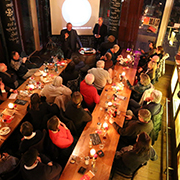

News 2016
For current news click here
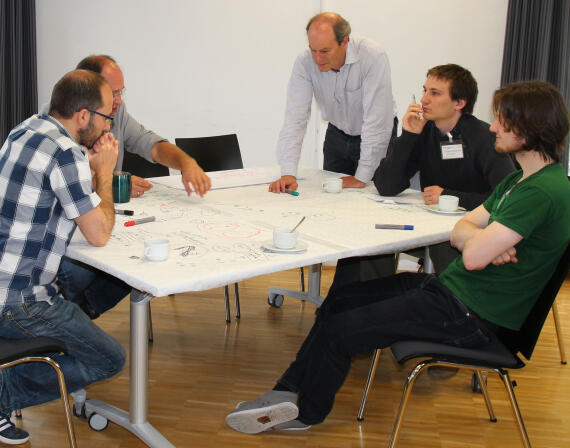
Joint publication by MGSE biologists and philosophers on the hologenome concept

DFG funds new Research Training Group
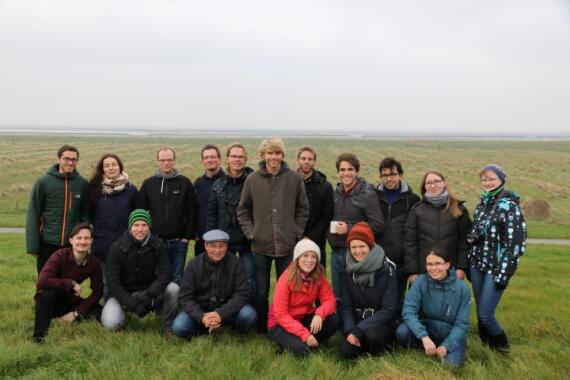
MGSE PhD Student Retreat 2016
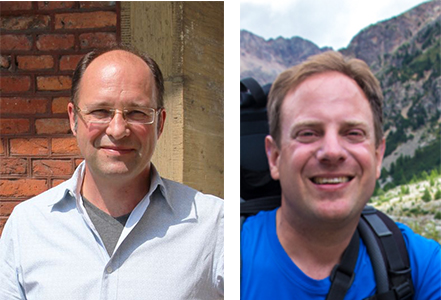
Two new Principle Investigators joined the MGSE
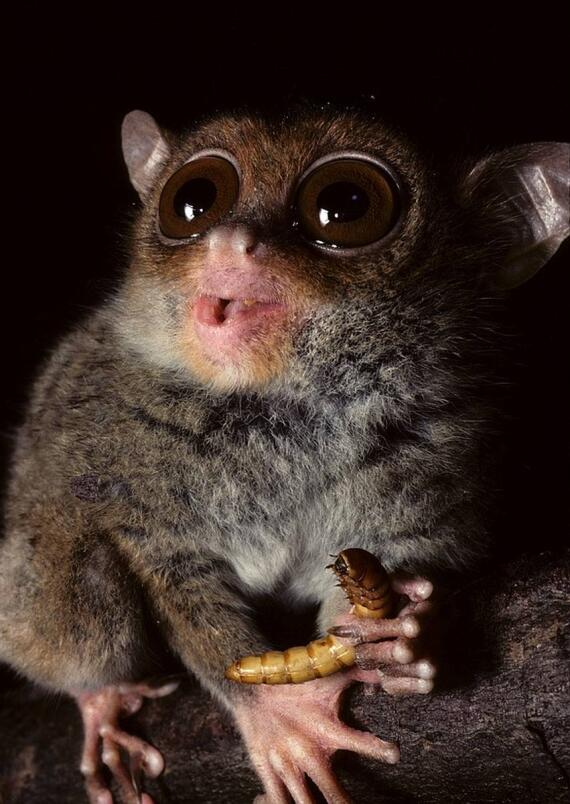
MGSE leading genome analysis of the tarsier primate
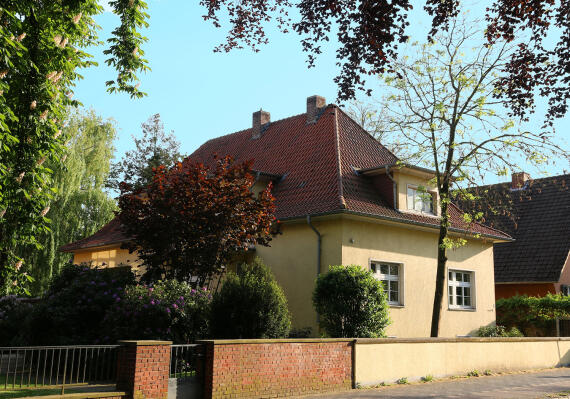
We moved!
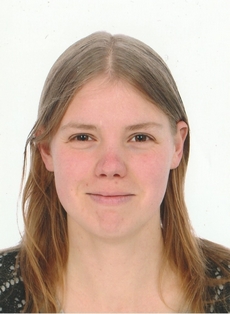
New MGSE PhD student
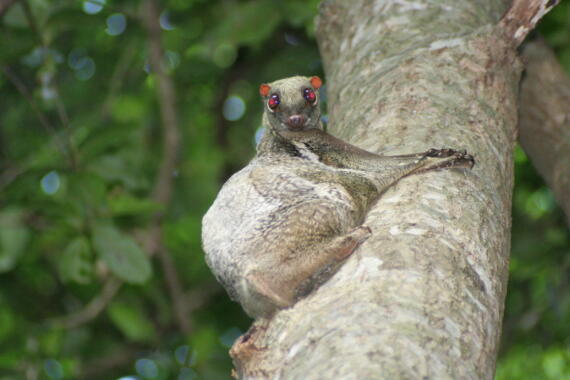
Gliding mammals are primates' closest kin
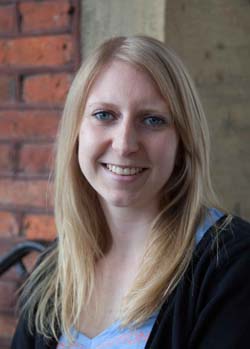
Stefanie Henze successfully defended her PhD thesis
The MGSE welcomes three new PhD students
A warm welcome to our new PhD students April Kleppe, Pauline Sell, and Faranak Fassihianifard.
April was selected by the MGSE as one of four DAAD scholarship holders in course of the DAAD Graduate School Scholarship Programme. She startet her PhD in the research group of Prof. Dr. Erich Bornberg Bauer at the Insitute for Evolution and Biodiversity. April is interested in how phenotypic mutations impact protein evolution. More specifically, she wants to investiaget how heritability by the “look ahead-effect” model (Whitehead et al., 2008) may occur by looking for protein exposed to stop codon readthrough.
Pauline works in the Animal Evolutionary Ecology Group of Prof. Dr. Joachim Kurtz at the Institute for Evolution and Biodiversity. In her PhD project she aims to elucidate the role of phenotypic plasticity for rapid evolutionary adaptation. Pauline will address this topic with several experimental approaches using the entomopathogen Bacillus thuringiensis in phenotypically plastic vs. non-plastic Tribolium castaneum hosts.
Faranak is a PhD student in the Genetic Epidemiology lab of Prof. Dr. Monika Stoll at the Institute of Human Genetics. In her project she focusses on the characterization of exosomal miRNA signature in patients with arteriosclerosis as well as the identification of novel miRNAs associated with this disease using NGS data analysis to discover the potential role of exosomes-derived miRNAs as biomarkers in coronary heart diseases.
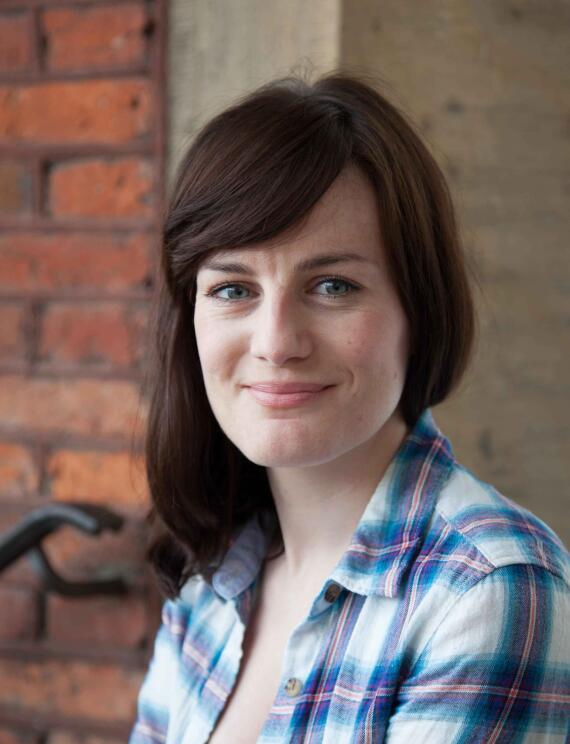
Patricia Kearney successfully defended her PhD thesis
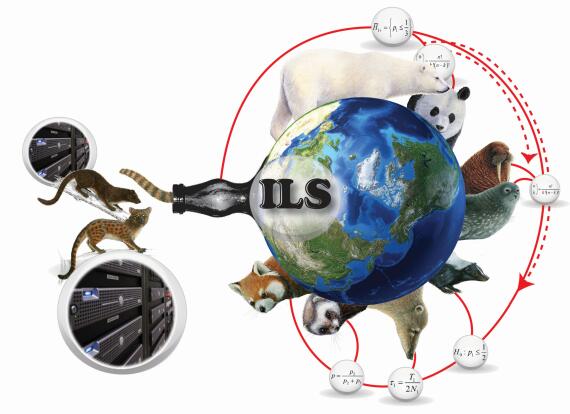
Joint publication on retroposon insertion statistics
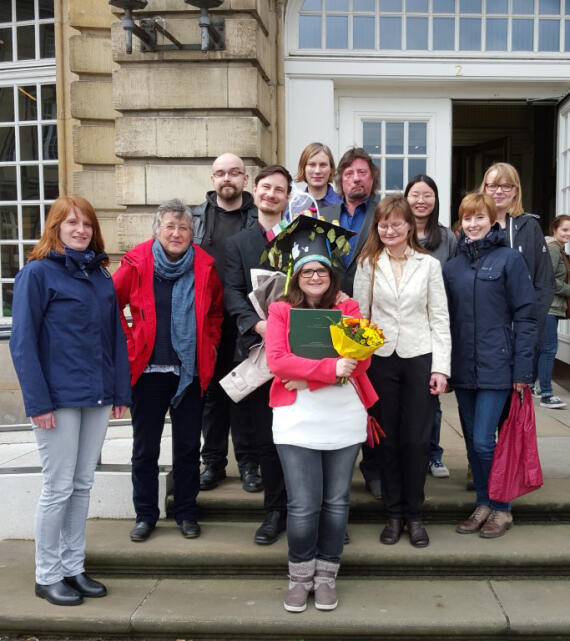
Diana Ferro successfully defended her PhD thesis
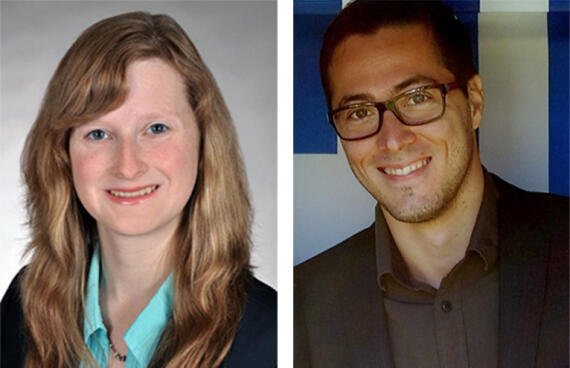
Two new PhD students joined the MGSE
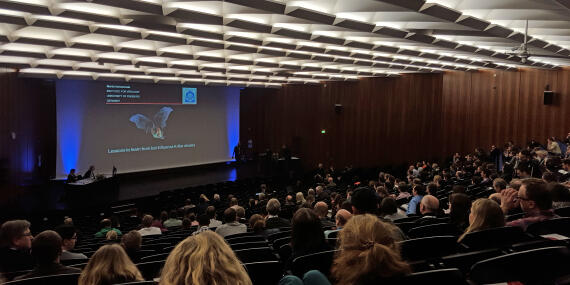
Evolution of Viruses – Viruses in Evolution
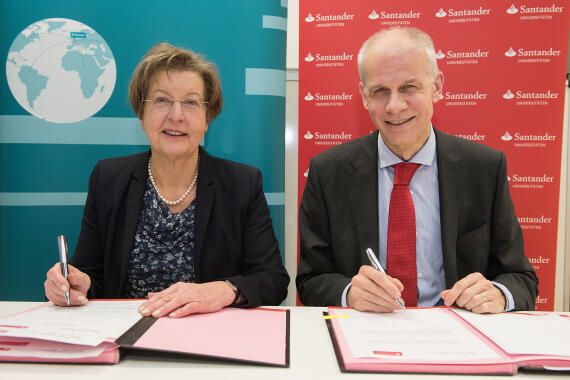
Cooperation with Banco Santander extended until 2018
New PhD student joined the MGSE
We are happy to announce that Alexandra Mutwill has joined the MGSE as a PhD student. Alexandra works in the group of Prof. Dr. Norbert Sachser at the Department for Behavioural Biology. In her doctoral project she studies the effects of social niche specialisation and transition on biobehavioural profile and fitness in guniea pigs as model organism. The project is based on the observation that adaptive shaping of biobehavioural phenotypes can occur rapidly and repeatedly within a lifetime which raises the question of adaptive shaping even beyond adolescence.
A warm welcome to our new member!
